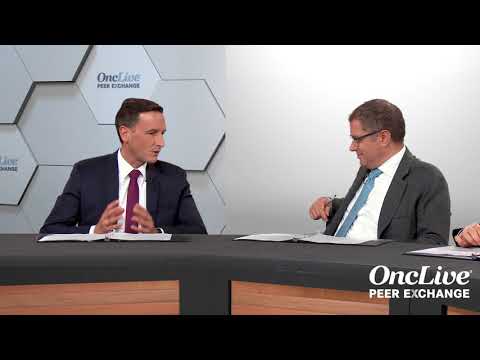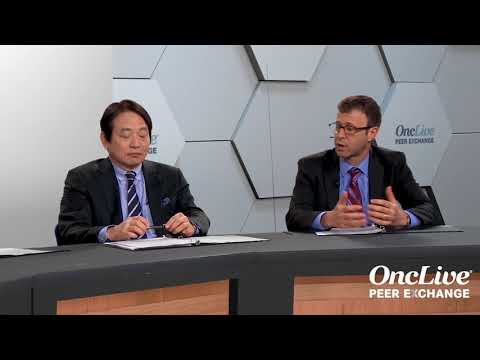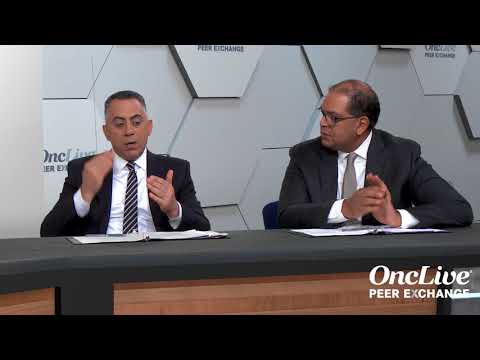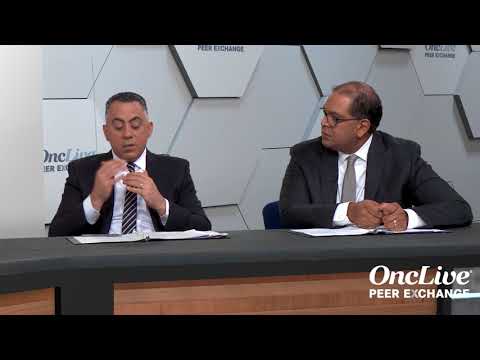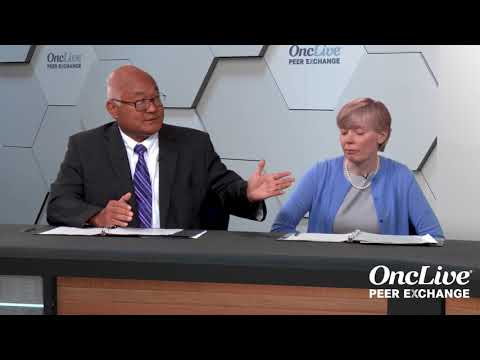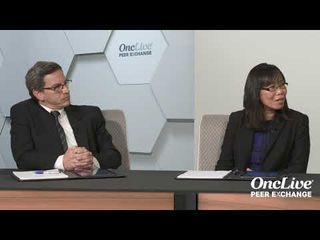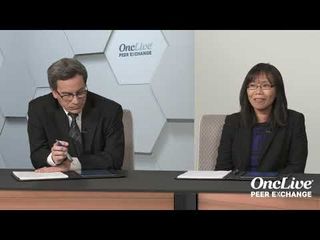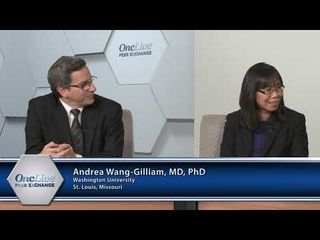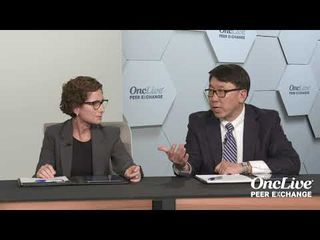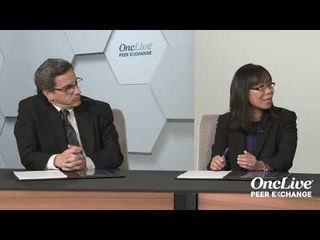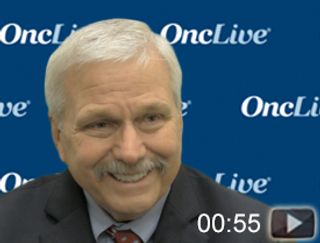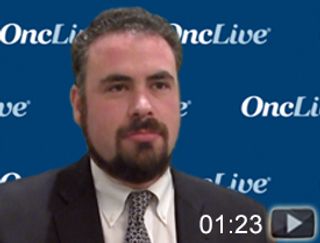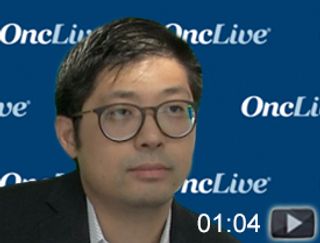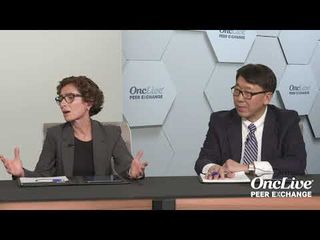
Gastrointestinal Cancer
Latest News
Latest Videos

CME Content
More News
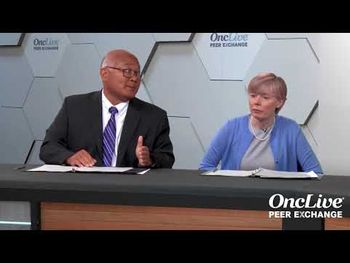
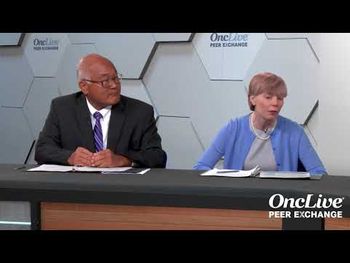
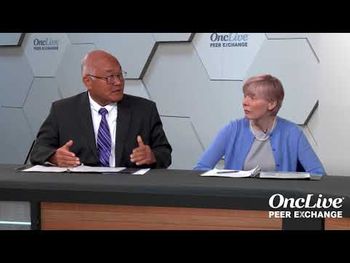
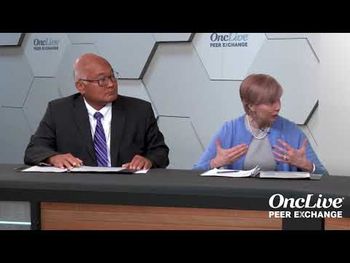
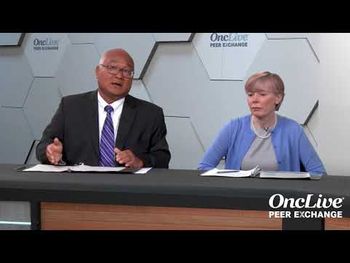
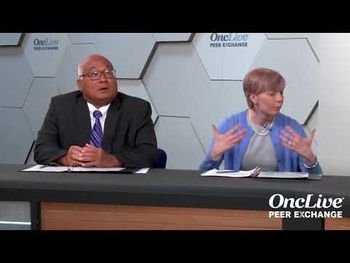
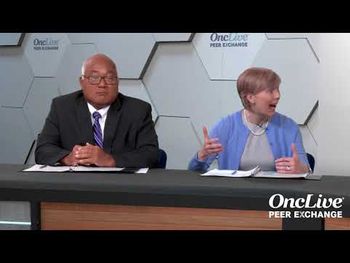
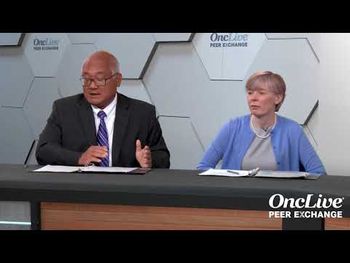
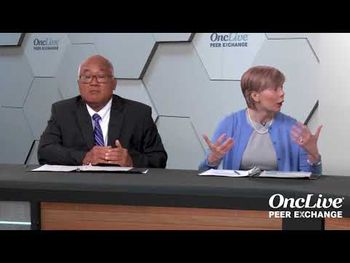
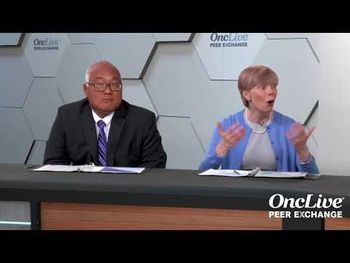
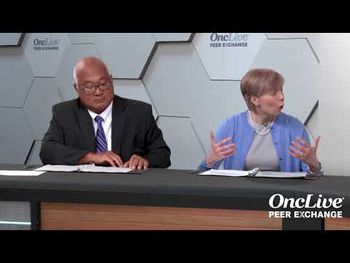

During an OncLive Peer Exchange® program on individualizing treatment and improving outcomes for patients with CRC, a panel of experts shared their insights on early-onset CRC, which has been observed to occur as early as adolescence.
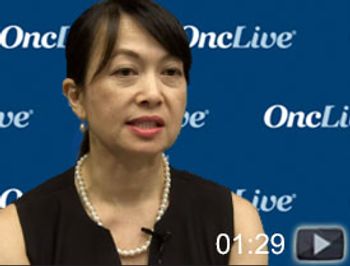
Cathy Eng, MD, professor of gastrointestinal medical oncology, The University of Texas MD Anderson Cancer Center, discusses why the negative results of the PRODIGE 7 trial are beneficial moving forward.
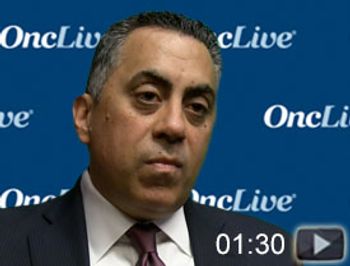
Tanios Bekaii-Saab, MD, medical oncologist, Mayo Clinic, discusses adjuvant therapy in pancreatic cancer.
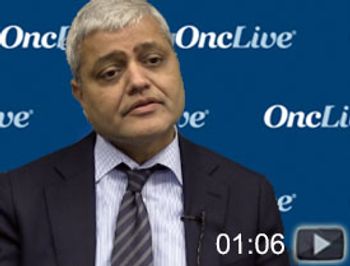
Sanjiv S. Agarwala, MD, chief of medical oncology and hematology, St. Luke’s Cancer Center, professor of medicine, Temple University School of Medicine, discusses the impact of combining entinostat with pembrolizumab (Keytruda) across a number of tumor types.
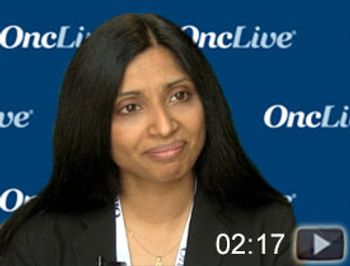
Susanna Ulahannan, MD, assistant professor, Section of Hematology/Oncology, associate director, Oklahoma TSET Phase I Program, Stephenson Cancer Center, The University of Oklahoma, discusses the VALENTINO trial in advanced colorectal cancer (CRC).
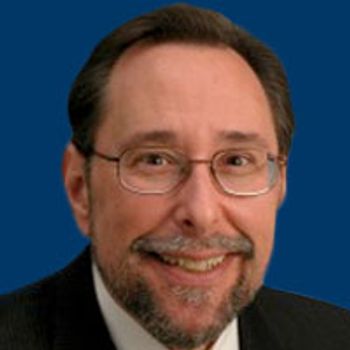
New strategies for the use of standard chemotherapies are likely to improve outcomes for a significant subset of patients with pancreatic cancer.
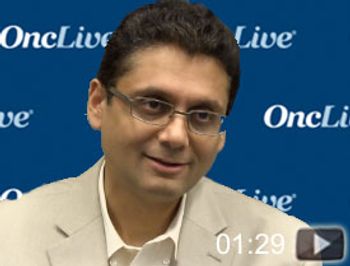
Manish A. Shah, MD, director of gastrointestinal oncology and chief of Solid Tumor Service at Weill Cornell Medicine/NewYork-Presbyterian Hospital, highlights immunotherapy for esophageal cancer.

The FDA has granted atezolizumab a breakthrough therapy designation for use in combination with bevacizumab as a first-line treatment for patients with advanced or metastatic hepatocellular carcinoma.








